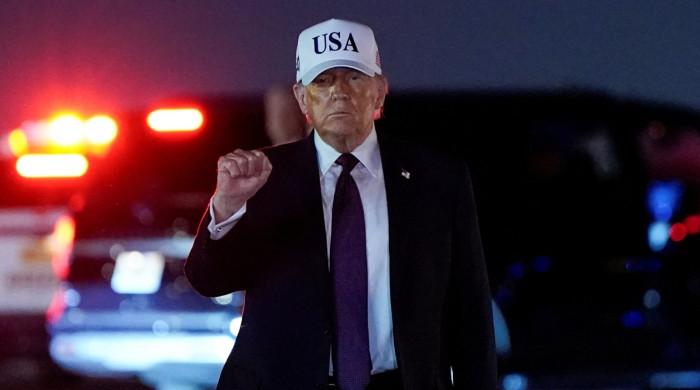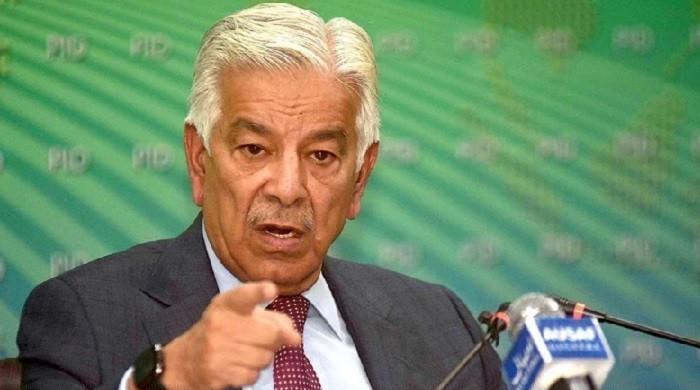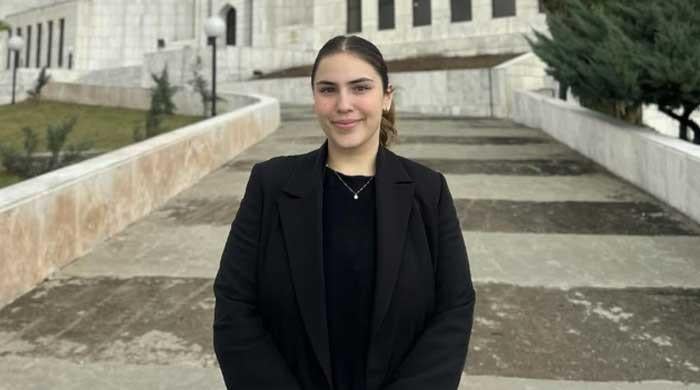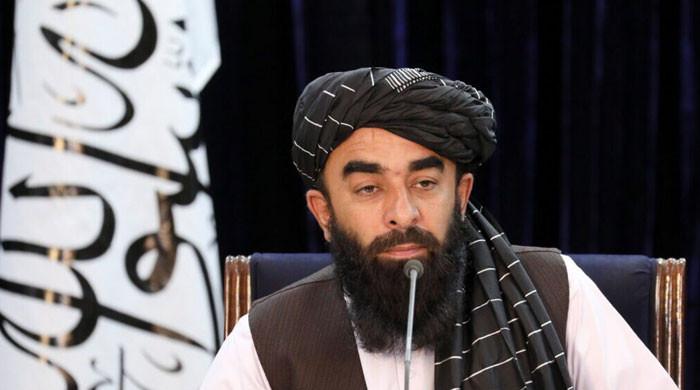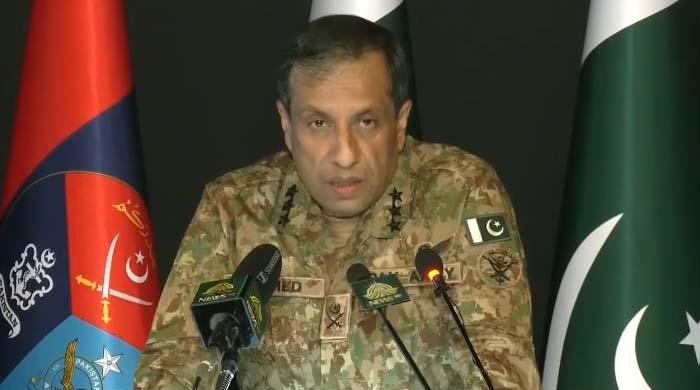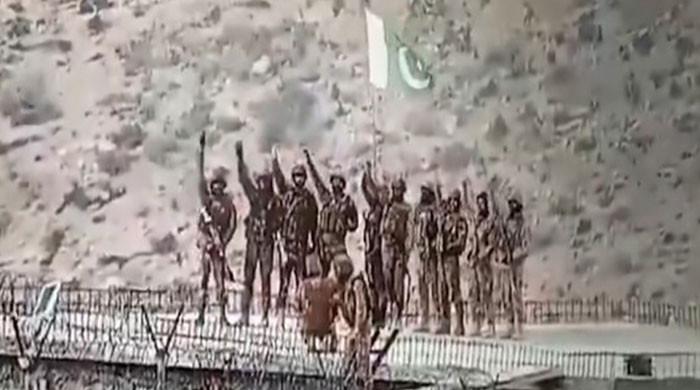'No one shall be picked up other than in accordance with law', SC tells govt
SC orders Commission of Inquiry on Enforced Disappearances to submit details about missing persons in apex court
January 06, 2024
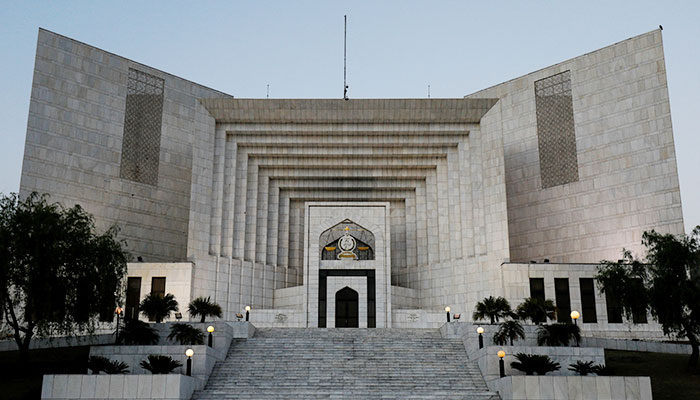
- SC express displeasure on police torture of Baloch protestors.
- Court says appropriate if budget of commission is disclosed.
- SC directs registrar's office to number Aitzaz Ahsan’s petition.
ISLAMABAD: The Supreme Court Saturday directed the federal government to submit an undertaking in writing, signed by senior most officers of the concerned ministries, that henceforth, no one shall be picked up other than in accordance with the law.
A three-member bench of the top court led by Chief Justice of Pakistan (CJP) Qazi Faez Isa and comprising Justice Musarrat Hilali and Justice Muhammad Ali Mazhar passed the order while hearing a set of petitions in connection with missing persons.
The SC bench also ordered the Commission of Inquiry on Enforced Disappearances to submit details about the missing persons in the apex court.
“To proceed further in a meaningful manner and with a view to resolve this matter it would be appropriate to ascertain facts from the Commission. Therefore, the Commission is directed to collate and submit: (a) the names with parentage and addresses of those who went missing, (b) name and relationship of the person who reported the missing person, (c) the date they went missing, (d) those who were in government in the Federation and the concerned province at that time, (e) whether the missing person was recovered or not, and (f) if not recovered the efforts, if any, taken to find out the whereabouts of the missing person. In addition, (g) all those in respect of whom production orders were issued but were not produced, and (h) what was the follow-up by the Commission when its production orders were not complied with,” read the order.
It further stated that it would be appropriate if the budget, staff, and resources of the commission were disclosed, as the people’s fundamental right, under Article 19A of the Constitution, grants them the right to information.
Referring to noted lawyer Aitzaz Ahsan’s plea, the top court stated that his petition attends to the matter of missing persons, but also refers to a few politically aligned persons who are stated to have been picked up and have since returned home.
Those persons who have returned cannot be categorised as missing persons, in respect of whom writs of habeas corpus can be issued, read the order.
“The petitioner has not been authorised to represent them. Therefore, while we overrule the office objections we restrict the scope of this petition to missing persons. Office is directed to number the petition.”
Moving on to recent police torture of Baloch protestors in Islamabad, the top court noted: “During the hearing it was brought to our attention that during the court’s winter vacations the families of protesting missing persons at Islamabad were manhandled by police/law enforcement personnel.”
The apex court said in its order that it took great exception to such high handedness because the right to peaceful protest is amongst the guaranteed fundamental rights which must be honoured in letter and spirit.




